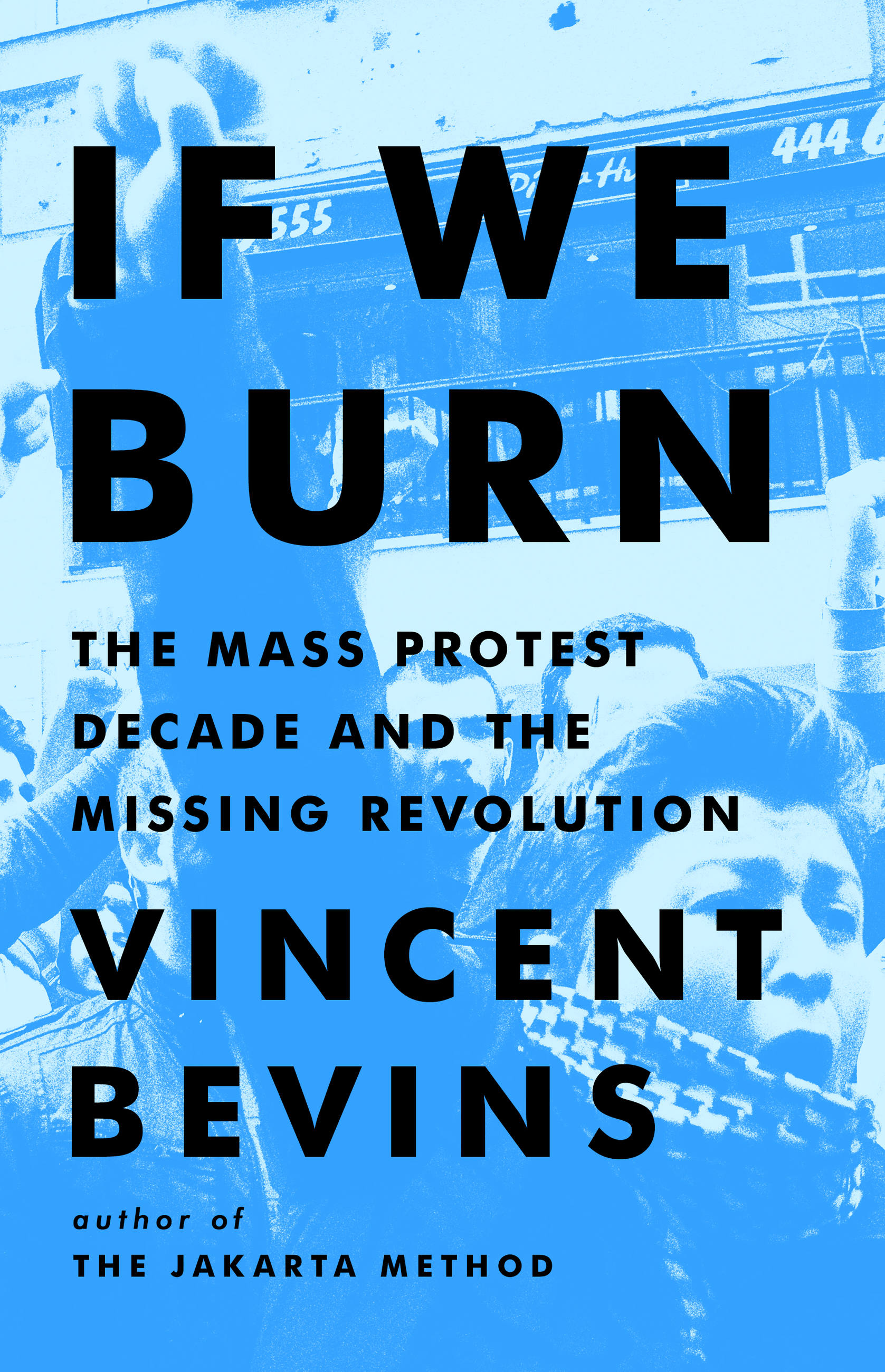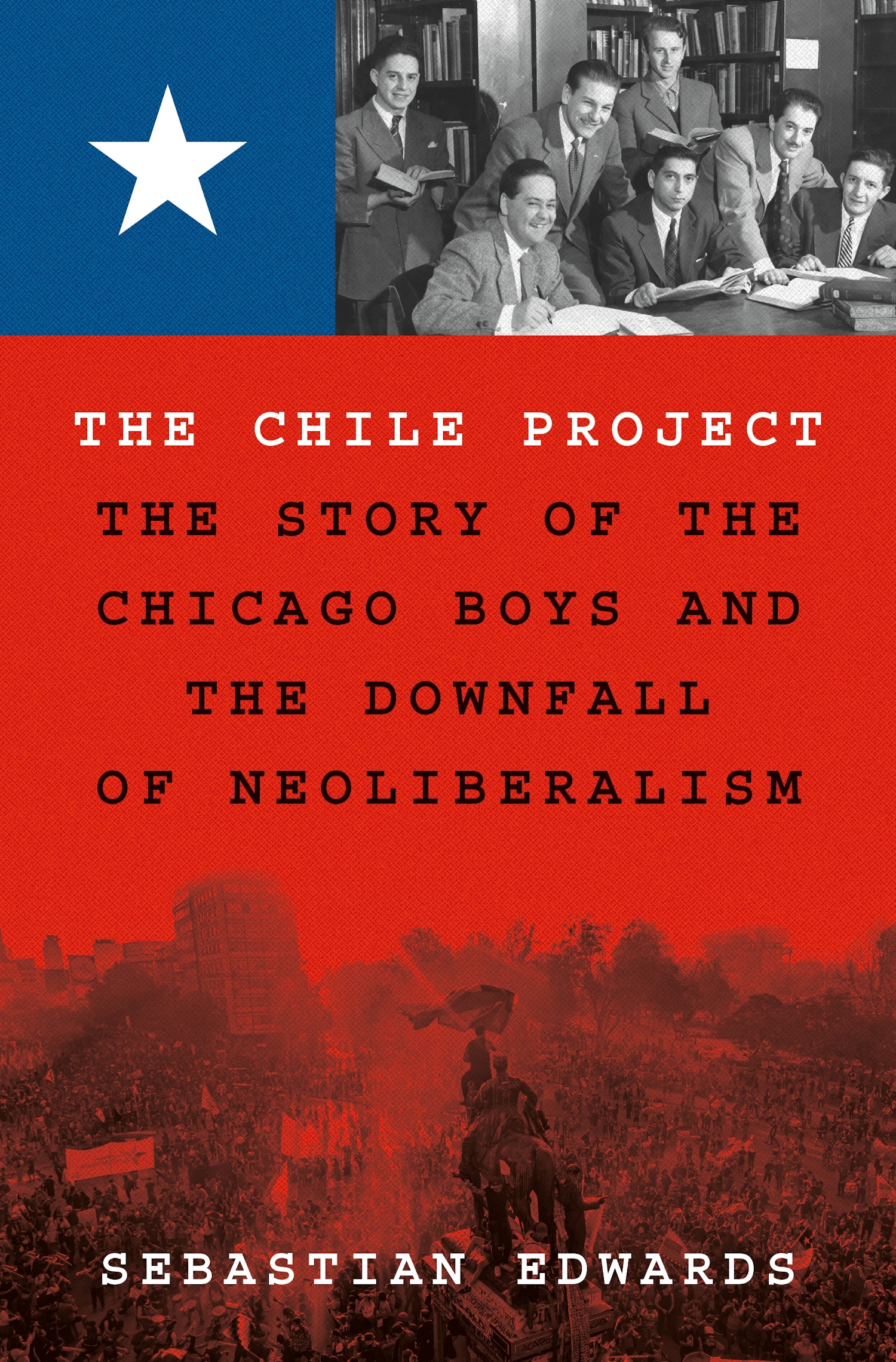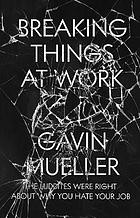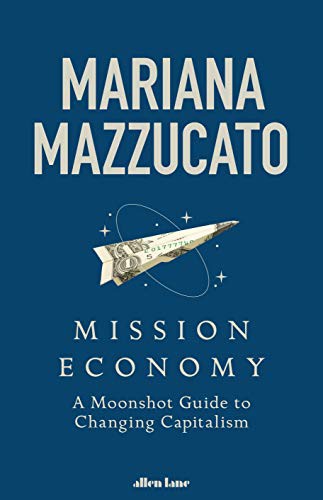luxon@bookwyrm.social reviewed Crowds and party by Jodi Dean

Crowds and party (2016)
"How do we move from the inert mass to organized activists? Crowds and Party extends …
Crowds & Party, The Communist Horizon
4 stars
I’m reviewing Crowds & Party together with her The Communist Horizon because I read both books immediately after one another, they seem deeply linked, and I can’t figure out what comes from where anymore.
I think these are both books worth reading. They, like Comrade before, helped me articulate a dissatisfaction with current left organizing in my world. I think they also both go great as a chaser to If We Burn. Often, I feel like the greatest insights come from the quotes Dean selects from authors. I noticed in my own highlights that I’m more likely to highlight the original thoughts rather than Dean’s takes on them :)
On crowds and occupation:
Communist Horizon deals heavily with occupation as a tactic. I was left convinced by “If We Burn” that occupation is a dead end for political strategy, and this book helped me understand why. The core insight …
I’m reviewing Crowds & Party together with her The Communist Horizon because I read both books immediately after one another, they seem deeply linked, and I can’t figure out what comes from where anymore.
I think these are both books worth reading. They, like Comrade before, helped me articulate a dissatisfaction with current left organizing in my world. I think they also both go great as a chaser to If We Burn. Often, I feel like the greatest insights come from the quotes Dean selects from authors. I noticed in my own highlights that I’m more likely to highlight the original thoughts rather than Dean’s takes on them :)
On crowds and occupation:
Communist Horizon deals heavily with occupation as a tactic. I was left convinced by “If We Burn” that occupation is a dead end for political strategy, and this book helped me understand why. The core insight I take with me is that a crowd that ruptures (whether that’s an occupation or a riot) is not politics in itself, but an opportunity for politics. It’s an expression of a fundamental division (e.g. 99% vs 1%) that needs to be nurtured beyond the event and defended against competing political interests who themselves try to define the meaning. Importantly, we must not let the event be misread as one of unity and inclusivity – those are values that are fully compatible with capitalism. Instead, we must focus and build the gap that is shown.
One way to misread a crowd is to treat it as an example of truly non-representative politics, as if in this moment finally everybody speaks for themselves and nobody speaks for someone else. For one, as Dean argues through reference to Michels’s “iron law of oligarchy”, a non-representative organization is not sustainable. For two, even already during the occupation, there is clearly only ever a small subset of the actual population present in the square while that subset still claims to be speaking for “everybody”.
Lastly, it is a mistake to think occupations or masses are easy to organize. They’re hard to prepare and hard to execute and very far from a replicable political tactic (I can confirm this from personal experience.).
On communist history
I enjoyed some of the points here, although I think Bini Adamczak’s “Gestern Morgen” / “Yesterday’s Tomorrow” is a more thorough exploration. Dean argues for founding a Communist Party and for an orientation towards a communist horizon, and points out that the perception of communism is impossibly static, as if all communist parties are the late Soviet communist party, and that party remained unchanged throughout its history. I found illuminating that she pointed out that, given how the Soviet communist party is usually described as a bureaucratic, authoritarian monster, it’s impossible to believe that anybody would ever have voluntarily joined it, much less written and distributed newsletters and put their lives on the line for it. Whereas capitalism is presumed to be always changing and adaptable, communism is taken to be unchanged and unchangeable, a relict of the past, a history without historicity.
In this context, I also enjoyed the introduction to Robert Michels studies of political parties and how they inevitably lead to rule by the few; this is not a problem unique to communist or social democratic parties, but it becomes most salient there because of their egalitarian values. However, any organization will be led by the few; if democracy is supposed to mean rule by the many, then democracy is impossible. What we can do is understand these dynamics and build structures to work with them, but we should not pretend they can be prevent altogether or that we should eschew organization as a whole because of them.
On the proletariat
I’m not sure I have much of a clearer view of how to define the proletariat than I did before, but I did appreciate some notes. That we’re moving towards being more and more servants of the rich, rather producers. That proletarisation is a process. That one way of describing it is as the “part without a part”, (I’d like the German phrase “der Teil ohne Anteil” better), that segment of society that is part of society but has no part in it. That the proletariat is individualized, that this individualisation is misdescribed to them as freedom as opposed to submission to the dominant order. That it is those for whom survival itself feels like an accomplishment.
On what we do
This may be the core thing I take with me from the book: The role of communists, and a communist party, is to continuously organize the collective desire for collectivity. I won’t pretend to really understand the psychoanalytic background of this statement, but I find the distinction between a desire for collectivity and a collective desire for collectivity fascinating. The desire for collectivity I’d take as the sense of alienated individuality, the wish to be connected to one’s neighbors, to be part of a project, to live in a society. In my friends it’s the wish to join a compelling political project, to feel like they’re working on something together. This is different, and lacking, compared to the collective desire for collectivity. Not just wanting to be part of something, but recognizing that those next to you also want to be part of something, and that you (and everyone else) are that collectivity for each other.
It is important to always keep this desire as a desire for something not yet achieved. It must not b let met by micropolitics, by giving in to actionism and just doing things for the sake of doing them. There needs to always be a greater collectivity, greater egalitarianism that is yet to be pursued. A party is a way of making real that wish, of imbuing an entity with the ambitions and hopes expectations we have for ourselves and each other. Communism must not be another option or identity to be chosen in which one maintains one’s individuality and remains unchanged. To become a communist means and must mean to become different from those who have not yet chosen it. A revolutionary party cannot just aim for the transformation of society, it needs to aim for the transformation of the people within, and being a communist must be an individual transformation too.














